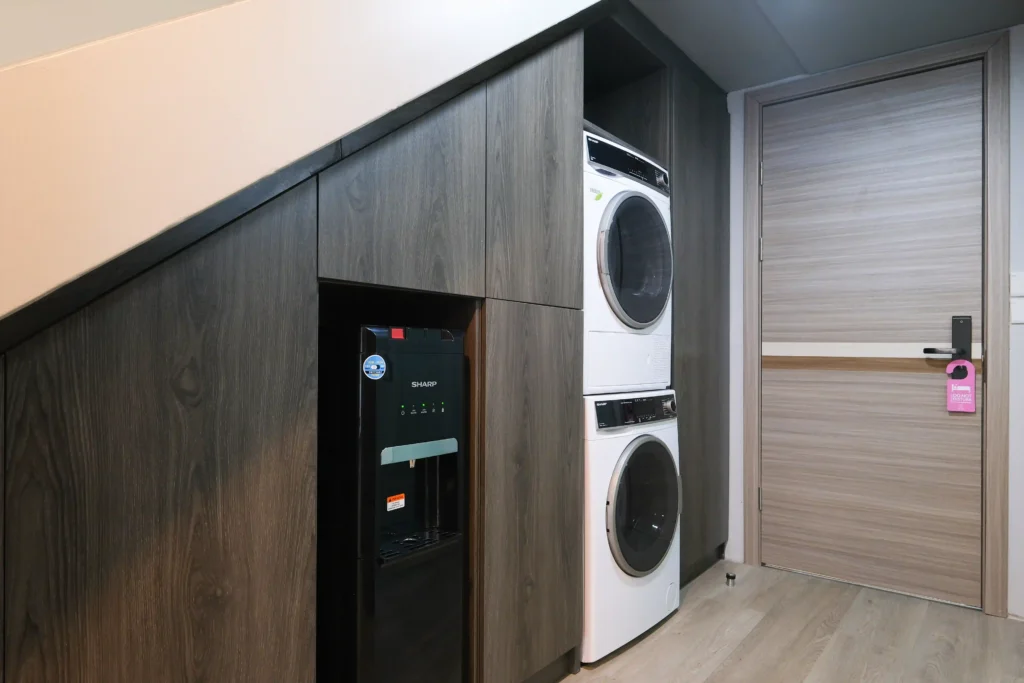
Bali’s enchanting lifestyle, growing infrastructure, and thriving tourism industry have attracted countless international buyers seeking to own a slice of paradise. But when it comes to foreigner property ownership Bali, the rules are unique—and not always straightforward. Understanding the legal frameworks, ownership types, and investment strategies is crucial before making a purchase.
This article explores how foreigners can own property in Bali, the legal options available, potential risks, and best practices for securing a sound investment.
Can Foreigners Own Property in Bali?
The short answer is: foreigners cannot directly own freehold land in Indonesia, including in Bali. Indonesian agrarian law limits land ownership (Hak Milik) to Indonesian citizens only. However, the government provides several legal alternatives for foreigners to control or invest in property.
Understanding these options is essential for making safe, compliant purchases that align with long-term goals.
Legal Ownership Options for Foreign Buyers
There are three main legal frameworks that allow foreigner property ownership in Bali under certain conditions:
1. Hak Pakai (Right to Use)
This is the most straightforward and legal method for foreigners.
- Allows foreign individuals or foreign-owned companies (PMA) to lease state-owned or privately owned land for residential or commercial use.
- Initial lease term is up to 30 years, extendable to 80 years.
- The property must be registered with the National Land Agency (BPN).
- Common for villas, apartments, or residential homes.
2. Long-Term Lease Agreement
Many foreigners opt for leasing land or property from Indonesian owners.
- Lease terms often range from 25 to 99 years.
- Provides full usage rights during the lease period, including the ability to rent or renovate.
- Requires careful contract drafting to protect both parties.

3. Foreign Investment Company (PT PMA)
A legal entity registered in Indonesia that can acquire property under commercial rights.
- PT PMA can hold land with Hak Guna Bangunan (Right to Build) or Hak Guna Usaha (Right to Cultivate).
- Often used for large-scale property developments or businesses.
- Requires regulatory compliance, licenses, and business plans.
These options make foreigner property ownership Bali legally accessible with proper guidance.
Key Considerations Before Buying
While the Indonesian government encourages foreign investment, buyers must be aware of the legal and financial nuances involved:
- Always use a reputable notary and legal consultant
Property laws are complex. Work with professionals who specialize in foreign ownership in Bali. - Avoid nominee structures
Though common in the past, this method—where an Indonesian citizen holds property on behalf of a foreigner—is legally risky and discouraged by authorities. - Check zoning and land use rights
Not all land in Bali is zoned for residential or commercial use. Verify zoning before signing any agreements. - Confirm the land certificate status
Only properties with clear, verifiable land titles should be considered. - Understand inheritance and resale rights
Not all ownership structures allow easy transfer of rights or sale to another foreign party.

Conclusion
While foreigners cannot directly own freehold land in Bali, foreigner property ownership Bali is very much possible through legal pathways such as Hak Pakai, long-term leases, and PT PMA. Each method has its own advantages and considerations, depending on your goals—be it personal residence, vacation home, or investment.
With professional legal support and a cautious approach, owning property in Bali can be a rewarding and secure endeavor for foreign buyers looking to invest in one of Southeast Asia’s most attractive destinations.
FAQ
1. Can foreigners buy land in Bali?
Not directly. Foreigners can’t own freehold land but can access property legally via leaseholds or company structures.
2. What is Hak Pakai?
Hak Pakai means “Right to Use” and allows foreigners to legally use and control property for up to 80 years.
3. Is using a nominee legal in Bali?
No. It’s a high-risk method discouraged by the government and not legally protected.
4. Can I build a house in Bali as a foreigner?
Yes, if you lease land or own it through a PT PMA, you can build legally with proper permits.
5. What’s the difference between leasehold and Hak Pakai?
Hak Pakai is registered with the land agency and offers stronger legal protection; leaseholds are private agreements.
6. Can foreigners get a mortgage in Indonesia?
Rarely. Foreigners usually purchase in cash or through financing arrangements outside Indonesia.
7. What are the taxes involved in buying property?
Expect to pay a 5% acquisition tax (BPHTB), notary fees, and annual property tax (PBB).
8. Can I rent out a property I own under Hak Pakai?
Yes, but make sure your usage rights include commercial activity or apply for proper permits.
9. Is it safe to invest in Bali property as a foreigner?
Yes, as long as you follow the legal framework and consult qualified professionals.
If you are interested in finding out more information about property in Bali, you can visit our website at www.buypropertyinbali.com.au. You can also click on the WhatsApp link (+62)818998818 (Mr. Fajar) to connect directly with our team.
